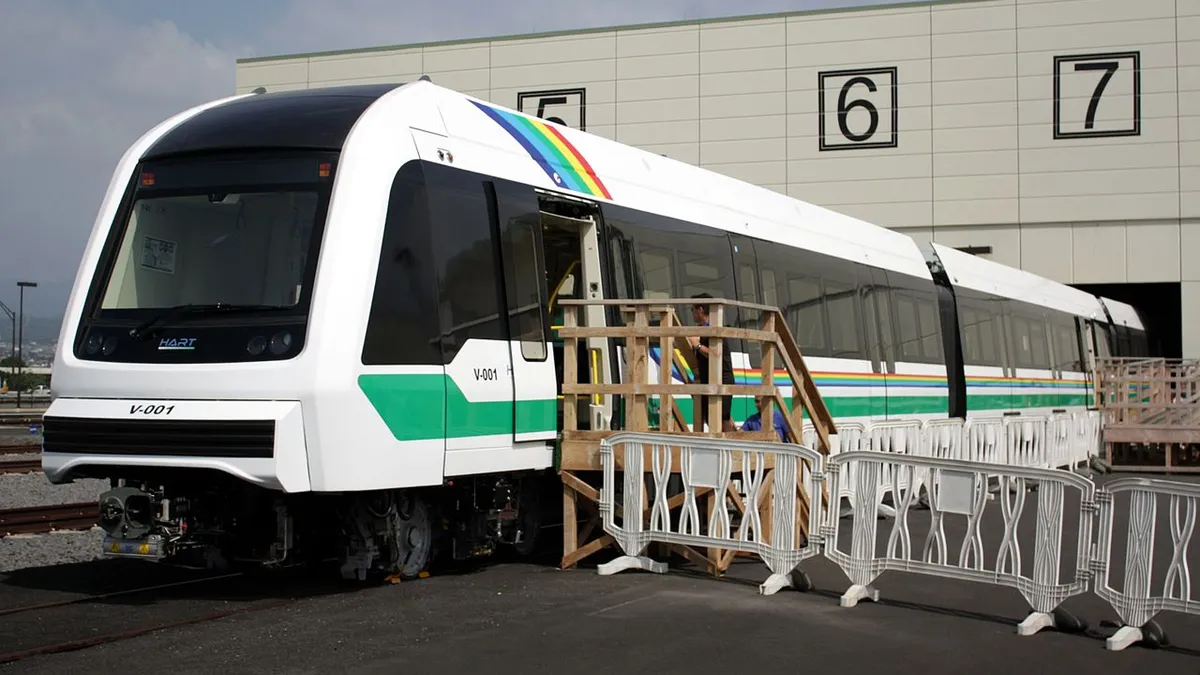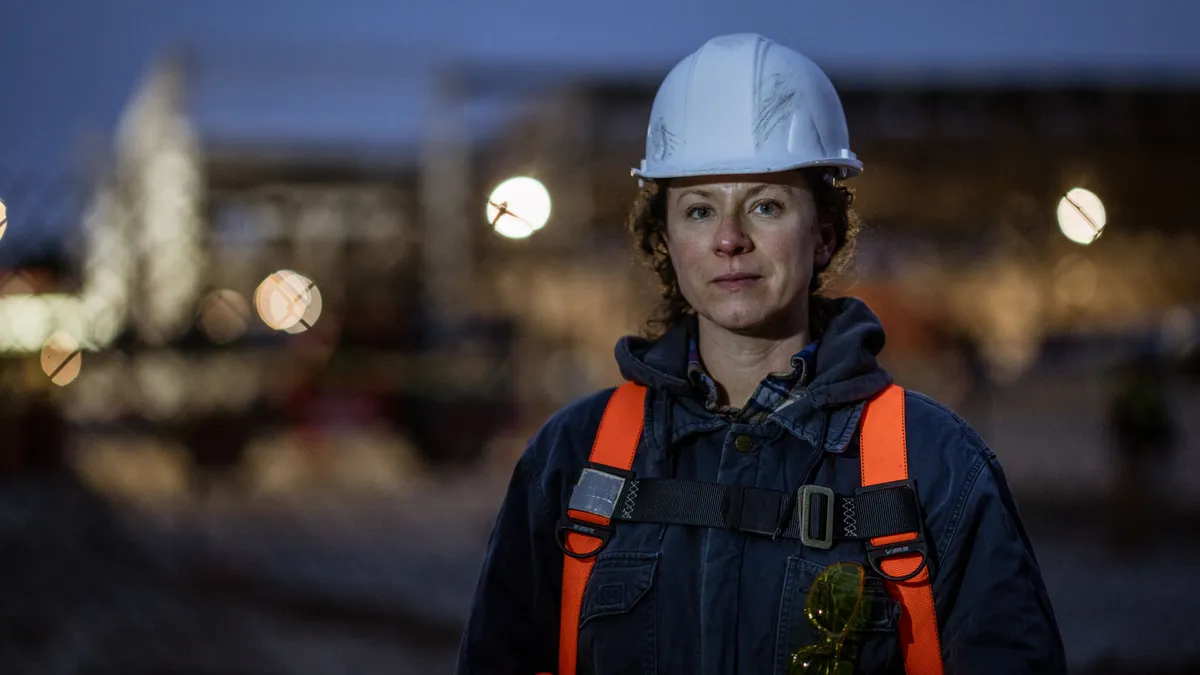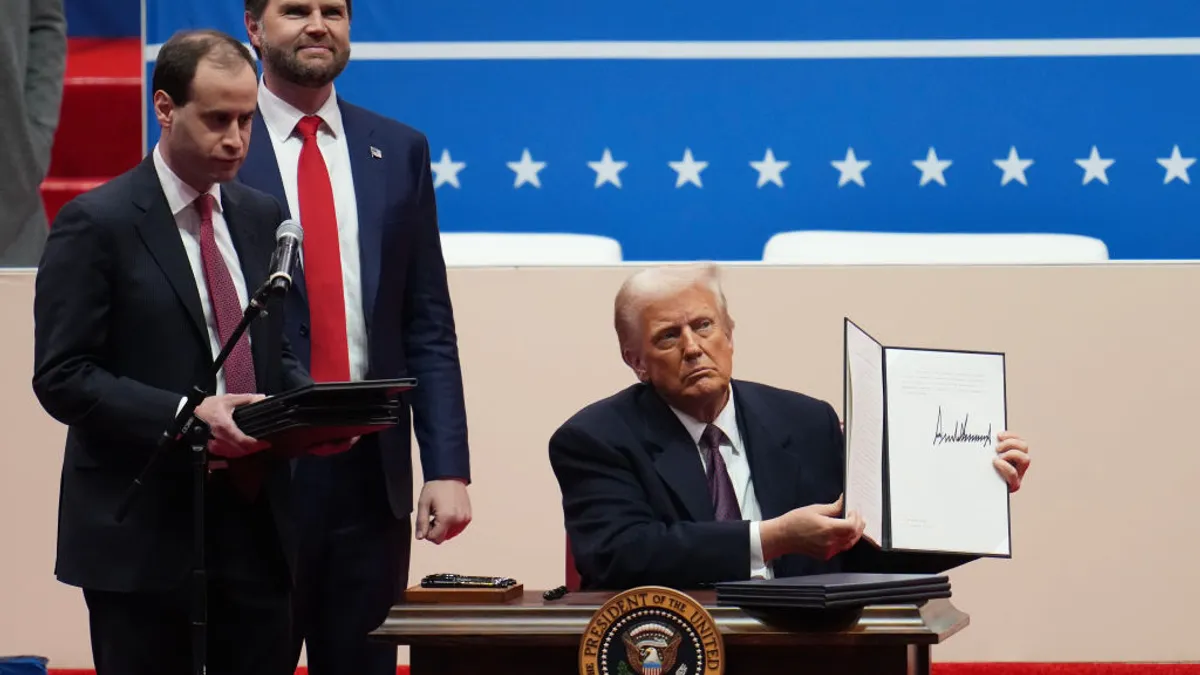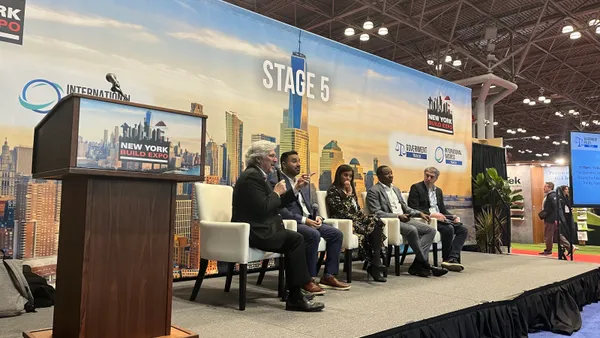Dive Brief:
- An independent review commissioned by the Federal Highway Administration and conducted by Jacobs Engineering Group has determined that the cost of Honolulu, Hawaii's beleaguered 20-mile, elevated rail project is $8.3 billion, about $134 million more than the Honolulu Authority for Rapid Transportation projected, according to the Associated Press and Honolulu Star-Advertiser, and $3 billion more than 2014 estimates. Jacobs also tacked nine more months onto the completion schedule for an opening date in 2026.
- The highway administration is still holding on to $744 million of the $1.5 billion it pledged in 2012 to help finance the project. The administration will deliver the rest of the money after a review of rail officials' "project recovery plan," which must demonstrate how the authority will work to rein in costs. Federal officials required submission of the plan after the rail's price tag began to skyrocket in 2014.
- The report also shows that the authority has better control of costs after implementing a different system of estimating. Damien Kim, HART chairman, said that the authority has already employed some of the report's recommendations and plans to implement more. The authority should also decide this month whether it will pursue a public-private partnership for the remainder of the project, a move which some believe would allow a more trouble-free path to completion.
Dive Insight:
The authority has been considering turning the final leg of the project over to the private sector for some time and hired Ernst & Young Infrastructure Advisors last year to help it explore the possibility. Ernst said the last piece of the rail line could see a cost reduction of five to 10 percent if the authority used a P3.
The public investment would be capped at $8.1 billion, the cost projection at the time, but the chosen private entity would be responsible for any overages. Ernst also suggested tying payments to the achievement of certain project milestones to promote adherence to the schedule.
Federal officials could look with favor on the authority's decision to hand the construction over to a private partner as last month the Federal Transit Administration announced its intentions to issue a new rule that would allow participants and owners of publicly funded transit projects to identify barriers to more private participation and then seek waivers for those rules. The process would be key in developing guidelines for future projects that want to attract private investment, something that President Donald Trump has been keen on since he was on the campaign trail in 2016.














